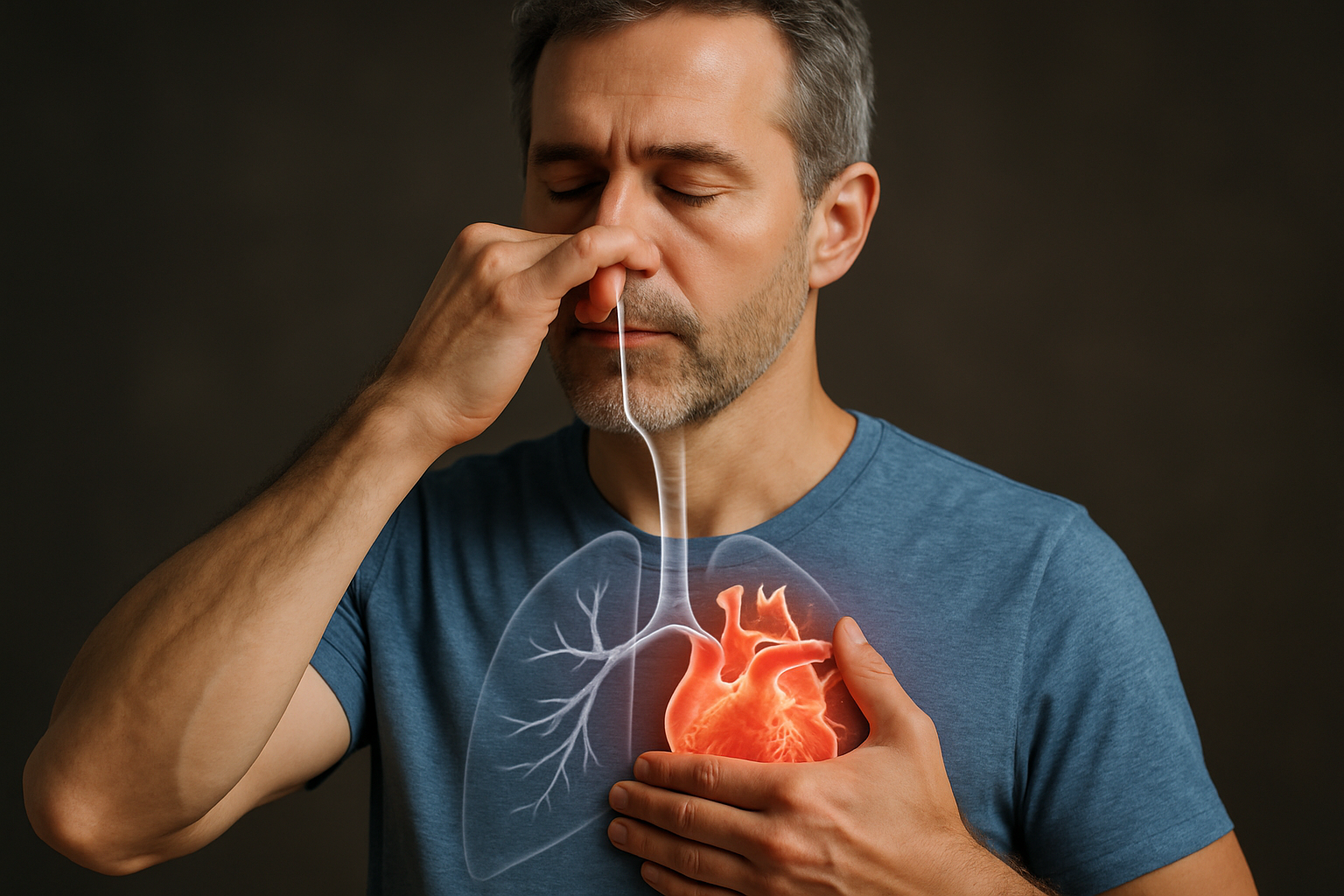Hidden Signs of a Heart Attack You Shouldn’t Ignore
Could your body be signaling a potential heart issue? Some individuals report experiencing subtle physical changes days or even weeks before a cardiac event. Recognizing early signs—such as persistent fatigue, mild chest pressure, or unusual shortness of breath—can support timely medical attention. In this article, we explore these signals and why paying attention to them could help support your heart health.

What Are the Most Common Early Warning Signs of Heart Problems?
Heart problems can manifest in various ways, and some signs are more common than others. One of the most frequent early warning signs is unusual fatigue or weakness. You might feel exhausted even after a good night’s sleep or find everyday tasks more tiring than usual. Shortness of breath, especially during activities that didn’t previously cause breathing difficulties, is another common indicator.
Chest discomfort is often associated with heart problems, but it doesn’t always present as severe pain. Many people experience mild pressure, squeezing, or fullness in the chest that comes and goes. This discomfort may extend to the arms, neck, jaw, or back. Unexplained nausea, indigestion, or stomach pain can also be early signs of heart issues, particularly in women.
How Does Your Body Signal Serious Heart Risk?
Your body has various ways of signaling serious heart risk. One often overlooked sign is sleep disturbances. If you suddenly start experiencing insomnia or sleep apnea, it could be your body’s way of alerting you to potential heart problems. Excessive sweating, especially if it’s not related to physical exertion or hot weather, can also be a warning sign.
Changes in your heart rhythm, such as palpitations or a racing heartbeat, shouldn’t be ignored. While occasional heart flutters are normal, persistent or frequent irregularities could indicate an underlying issue. Swelling in the legs, ankles, or feet may signal that your heart isn’t pumping blood effectively, a condition known as congestive heart failure.
What Physical Changes Should Never Be Ignored?
Certain physical changes should always prompt a visit to your healthcare provider. Persistent coughing or wheezing, especially when accompanied by white or pink-tinged mucus, could indicate fluid buildup in the lungs due to heart problems. Sudden, unexplained weight gain or loss can also be a sign of heart issues.
Changes in skin color or texture, such as a bluish tint to the lips, fingers, or toes (cyanosis), or a pale, sweaty appearance, may indicate poor circulation or low oxygen levels. Any sudden, severe symptoms like intense chest pain, difficulty breathing, or fainting require immediate medical attention.
When Should You Seek Immediate Medical Help?
While many heart attack signs can be subtle, certain symptoms warrant immediate medical attention. If you experience severe chest pain or pressure that lasts more than a few minutes or comes and goes, don’t wait – call emergency services right away. The same applies if you have difficulty breathing, especially if it’s accompanied by chest discomfort.
Sudden pain or discomfort in one or both arms, the back, neck, jaw, or stomach should also prompt immediate action. If you experience cold sweats, nausea, or lightheadedness along with any of these symptoms, it’s crucial to seek help without delay. Remember, it’s always better to be cautious when it comes to potential heart issues.
What Risk Factors Increase Your Chances of Heart Problems?
Understanding your risk factors can help you stay vigilant about potential heart problems. Age is a significant factor, with the risk increasing for men over 45 and women over 55. Family history also plays a role – if a close relative had early heart disease, your risk may be higher.
Certain medical conditions increase your chances of heart problems. These include high blood pressure, high cholesterol, diabetes, and obesity. Lifestyle factors such as smoking, excessive alcohol consumption, a sedentary lifestyle, and a poor diet rich in saturated fats and processed foods can also elevate your risk.
Stress and depression have been linked to an increased risk of heart disease. Managing these mental health issues is an important part of maintaining overall heart health. Additionally, certain demographics, such as African Americans and South Asians, have a higher risk of heart disease and may need to be particularly vigilant about early warning signs.
By understanding these risk factors and being aware of the subtle signs your body may be sending, you can take proactive steps to protect your heart health. Regular check-ups, a heart-healthy lifestyle, and prompt attention to any concerning symptoms are key to preventing and managing heart problems effectively.
This article is for informational purposes only and should not be considered medical advice. Please consult a qualified healthcare professional for personalized guidance and treatment.




